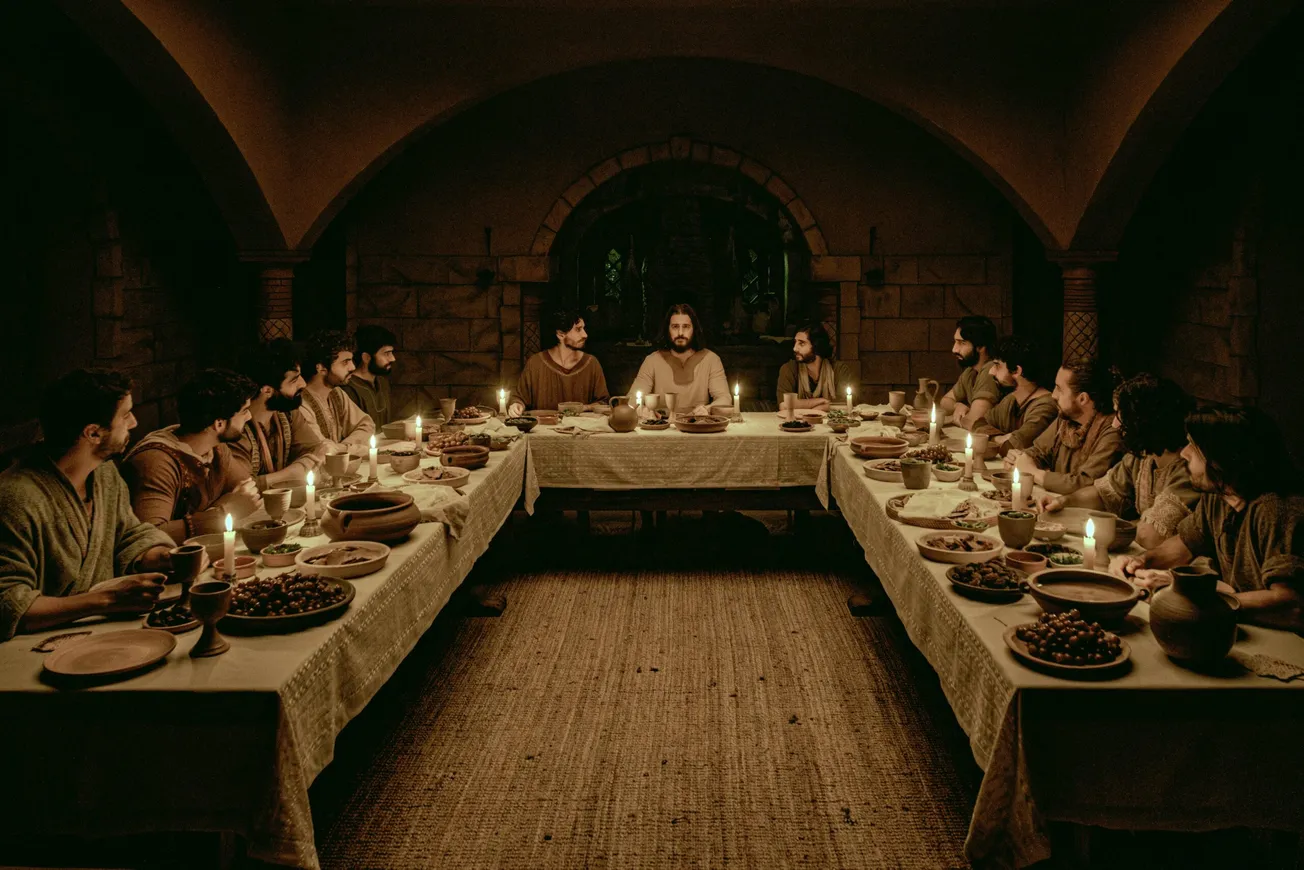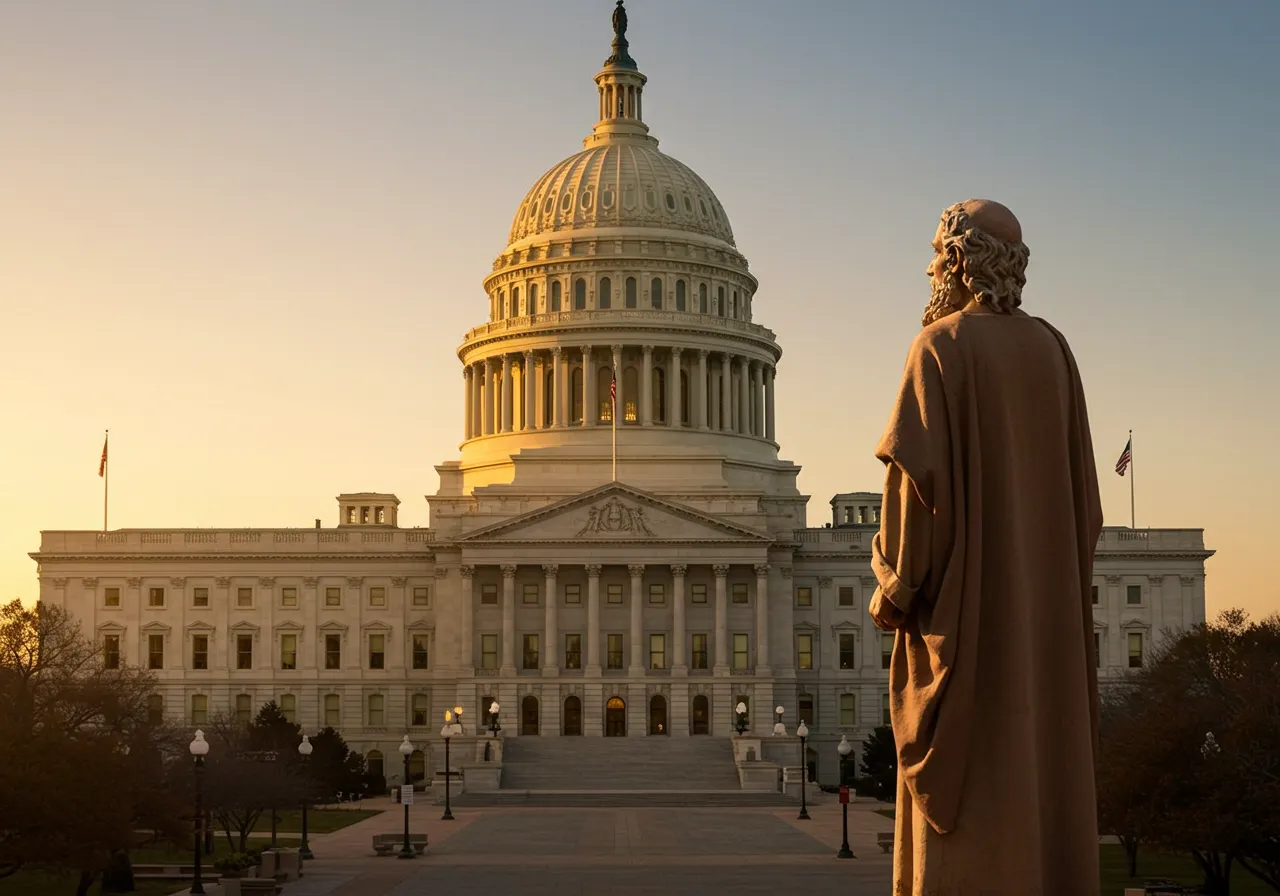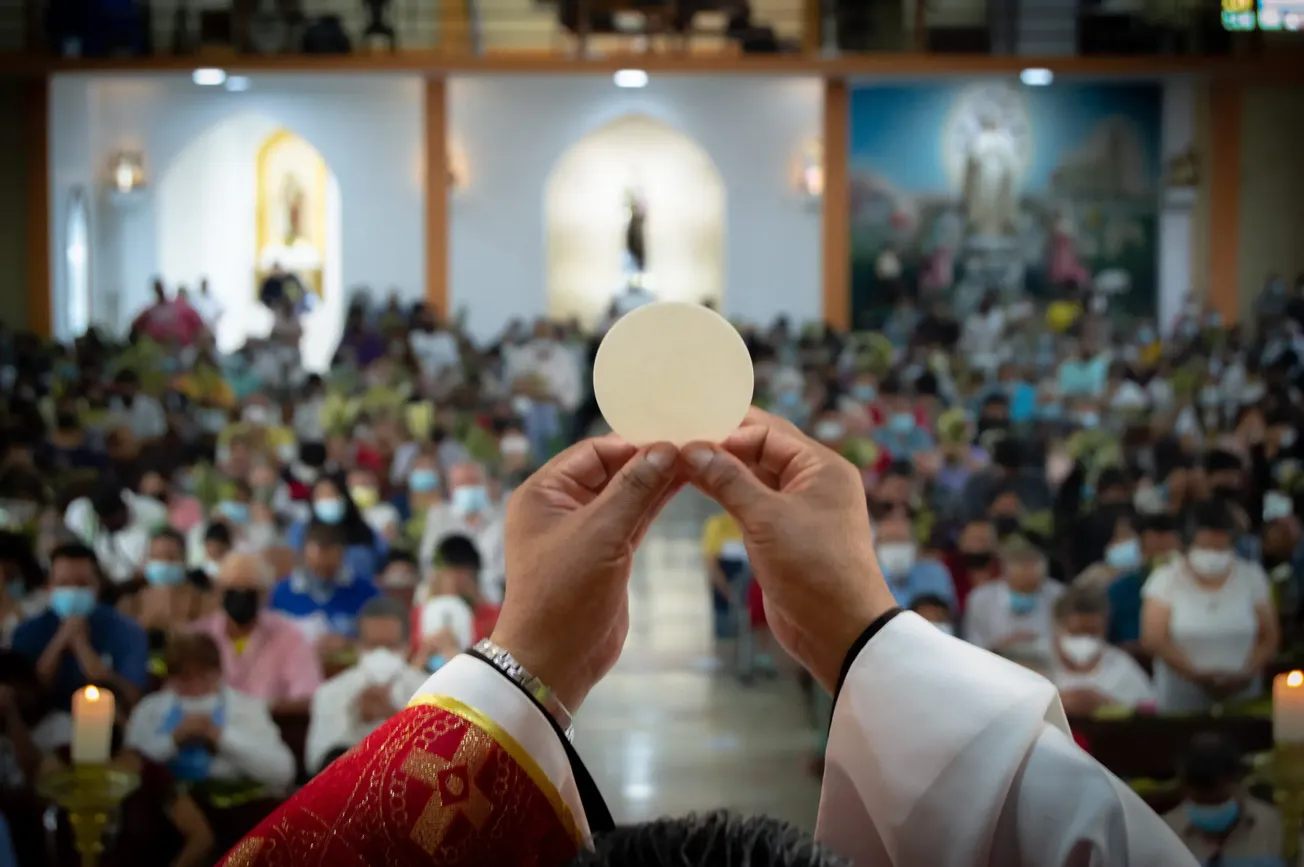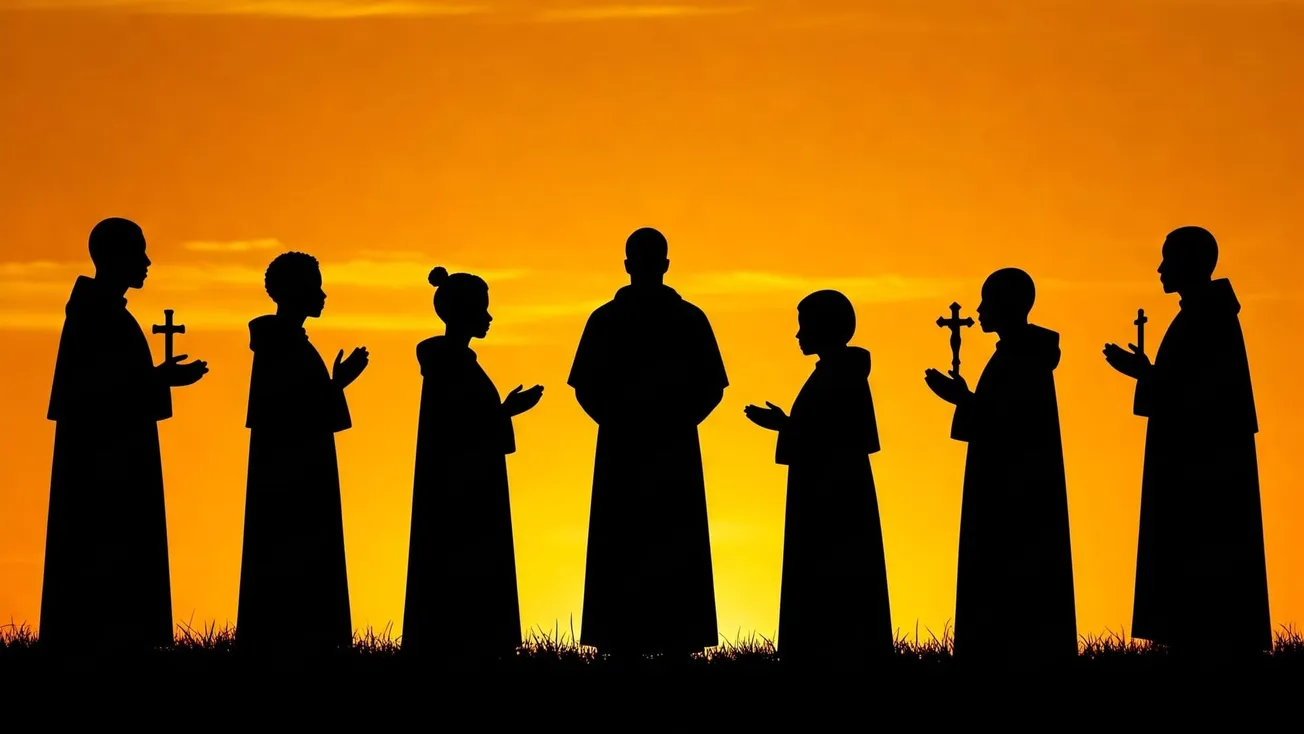St. Aloysius Gonzaga reminds us that angels are so very special among all God's creatures. The word "angel" is derived from the Greek word angelos, which means "messenger." They are the very first things God created!
Gonzaga tells us that their intelligence is of the very highest order. Their will is unfloundering. They are immortal spirits, immune from suffering, aging, disease, and death.
These latter attributes make me sometimes wish that God had created me as an angel rather than a sin-prone and death-prone human being. (For shame: I should be eternally grateful just to have been granted "life/existence" in the first place—in whatever form!)
Angels can interact with humans and can appear to us in human form, which will disappear once the interaction is complete. I'm recalling the archangel Gabriel appearing to Mary at the Anunciation and the two white-robed ones in the empty tomb. The Bible also mentions angels appearing to Tobias, Lot, and Isaiah.
Lucky dudes.
In his magnificent work, the "Summa Theologiae," St. Thomas Aquinas tells us that angels can travel instantaneously. (Can you imagine? The speed of thought!) Further, he divides them into nine orders or choirs—from greatest to least: seraphim, cherubim,thrones, dominations, powers, virtues, principalities, archangels, and angels.
(Use your deepest spiritual meditative imagination and you can almost hear them joyfully, ecstatically, and eternally chanting in perfect harmony, "Holy, Holy, Holy." Thoughts and echoes of their singing might lift you, as it does me, when we are sad and depressed. Join in…)
The Catechism reminds us that God has assigned a guardian angel to each human being, a friend who will be with us from the cradle to the tomb, to guide us to the hopeful place prepared for us in heaven.
One of my favorite saints is the Capuchin Franciscan friar St. Padre Pio. This mystic visionary stigmatist had a special relationship with his guardian angel, whom he says he could actually see. Pio communicated with the angels of others, too.
Our guardian angel will stick with us even when we sin, whispering in our consciences to get right with God.
Now, a thought exercise: On this Palm Sunday, I will skillet-fry some bison burgers. Believe it or not, the local Walmart Supercenter's frozen meat department carried it. Research revealed that there is a slight difference between bison and buffalo. Previously, I thought they were the same.
Likewise, in this meditation on angels, we must realize the major differences between them and us. Specifically, there's one thing angels cannot do and which might make them very jealous of us priests: they cannot confect the Eucharist or celebrate Mass, calling Christ down from heaven onto our altars.
In fact, I vaguely recall that some theologians suspect that the loyalty "test" that God gave the angels before creating the universe was to let them see into the future and how the Logos, the second person of the Trinity, would take on human form to become Jesus, the Christ.
A group of the angels, perhaps a third, led by the magnificent and gloriously resplendent (yet incredibly proud and intractably vain) Lucifer, are said to have refused to worship the human nature of Christ. The divine nature was acceptable, but not the human. It was so beneath their exalted angelic status!
They yelled, "NON SERVIAM!" (I will not serve!)
So God immediately created Hell and commissioned the archangel Michael to lead the loyal holy legions in banning the rebels to its everlasting fires.
Parce nobis, Domine. (Spare us, O Lord.)
As we enter into Holy Week and commemorate its many sacred mysteries, let's make a sincere promise to listen to and heed St. Michael and our guardians, the angelic harbingers of grace with their beautiful message of salvation.
Fr Giles Conwill, PhD, is celebrating his 50th anniversary of priestly ordination for the Diocese of San Diego. He is retired from the Department of History at Morehouse College and the chaplain's office at Xavier University of Louisiana. He is a past winner of the Interdenominational Sermon-Writing Contest and an inductee into the Martin Luther King Jr. International Board of Preachers.










